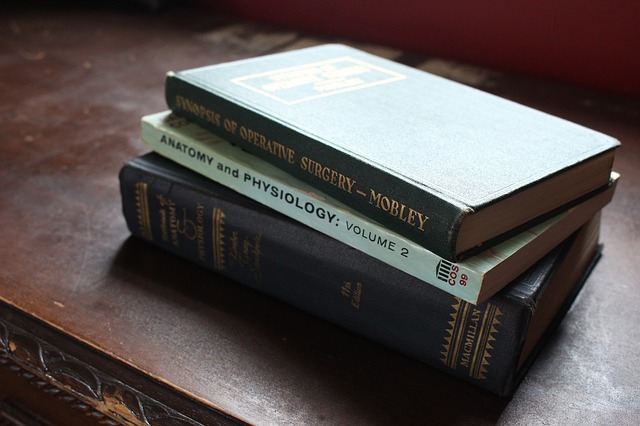Who can be a medical editor?
Medical editors need all of the usual editorial skills of proofreading and copyediting, combined with some knowledge of medicine, research or biology and an ability to work to tight deadlines. While medical editors come from all walks of life, a scientific degree or practical experience in medicine – perhaps as a nurse, pharmacist or research scientist – is a must.
Although some scientific or medical knowledge is important for a medical editor, it isn’t necessary to be a subject-matter expert. While it is often useful to have a background in the specific area at hand (eg cardiology), this isn’t always practical; as a medical editor, you might be asked to work on a journal article about diabetes one day and another on spinal surgery the next. But you are not writing the material – that is the job of the author, who should be a true subject-matter expert. You are the editor.
 So what is medical editing?
So what is medical editing?
Medical editing involves applying standard editorial skills to medical subject matter, but also has some characteristics of its own. Medical editing projects often involve multiple authors, complex sign-off procedures, tight deadlines, exacting house style guides, many (often complex) figures and tables, and heavy referencing.
It is common to work with authors who have English as a second language. Medical editors should feel confident in asking authors for clarification, while acknowledging their expertise. You work as a team with the author: they are the expert in the medical subject matter, while you are the expert at getting across a particular message with clarity and accuracy.
Where could I find work?
Various people and businesses employ medical editors. Individual authors will often approach a medical editor to ‘polish’ their manuscript before submitting it to a journal, while bigger employers can include universities, publishers, medical or scientific societies, research institutions, government departments, medical communication agencies, pharmaceutical companies and patient-support or research-based charities.
All of these organisations have different characteristics, and the materials you will be asked to work on will vary according to the client. Journal publishers will ask you to proof PDFs or edit manuscripts in Word, for example, while medical communication agencies will often ask you to proof conference posters or to edit slide decks in PowerPoint.
With this in mind, you need to have a variety of skills in your toolbox and to be happy with working with a range of programs. In each case, one thing that it is important to understand as a medical editor is the audience for the materials you are working on; the acceptable level of complexity and medical terminology will vary depending on whether the material is aimed at researchers and clinicians or the general public.
What next?
Perhaps you’re already a competent editor with some kind of background in health and/or science and becoming a medical editor sounds like a great idea. Or you’re working within medical publishing and feel that you could do with a bit of training to formalise what you’re doing every day.
The CIEP’s online Medical Editing course aims to give you a general overview of the specialism of medical editing, and the chance to practise some of the key skills that you will need. It includes exercises to hone your skills, plus model answers to check you’re on the right track. You will also have support from an online tutor, so there’s someone available to answer your questions and give advice on next steps.
Could you be a medical editor? The CIEP’s Medical Editing course gives you one way to find out.
Catherine Booth has been a freelance medical editor for more than 15 years, and works with a range of publishers and medcomms agencies. She is an Advanced Professional Member of the CIEP and the writer of the organisation’s Medical Editing course.
Posted by Abi Saffrey, CIEP blog coordinator.
The views expressed here do not necessarily reflect those of the CIEP.

